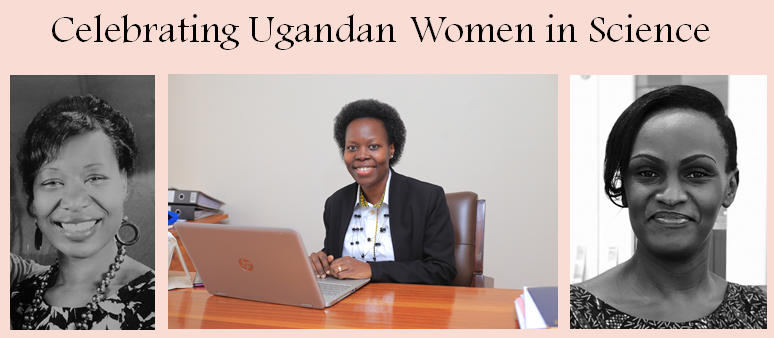As part of the Women's Day celebration in 2021, we have chosen to showcase how Sweden's support to research in Uganda has helped to facilitate women in science. Sweden has supported women in Science in Uganda from 2000 and during the current agreement (2015-2022) a total of 146 women have received support including 19 at postdoc level, 50 at PhD level, 73 at Masters level and 4 receiving small research grants. We recently spoke to Judith Nagasha who has recently defended her Doctoral thesis about the effects of climate change on women in Lake Mburo National Park. Here is what she had to share with us.

What is the title of your PhD Thesis and what problem were you researching?
My thesis was on the topic "Socio-economic effects of climate change among communities surrounding Lake Mburo National Park, Uganda. A gender perspective".
I chose this topic because climate change has been increasingly recognized as a global crisis threatening the livelihoods of rural men and women, especially in Sub-Saharan Africa. Uganda is no exception and has been severely hit by droughts especially in communities surrounding Lake Mburo National Park (LMNP). Despite climate change being a continued threat, communities have less adaptive capacities to address the impacts of climate change. It was against this background that this study used a gender lens to investigate the socio-economic effects of climate change, especially drought, on the livelihoods of men and women to attain sustainable coping strategies and livelihoods.
What was your main discovery from your research and how do you think this will impact work on Climate Change in Uganda?
The effects of climate change have socially and economically distorted men and women’s livelihoods. Yet, many of the strategies adopted by communities in the study area were informal, insufficient, unsustainable and ineffective in the face of climate change. Therefore, Uganda needs a multistakeholder and multidisciplinary approach to create meaningful dialogue in designing sustainable methods of coping up and mitigating effects of climate change. One way of approaching this is to implement Gendered climate change smart Action labs.
What next now that your PhD is almost done?
Translating the science and knowledge I have acquired into policy and practice, and develop capacity to achieve it.
As a Woman in Science, what challenges are you facing?
Balancing family obligations and career goals and lack of resources to disseminate and implement my acquired knowledge.
What do you think needs to be done to get more women involved in sciences especially at the research level?
Empowerment of women is very fundamental at any research level, therefore, extending enough capacity building and funding to women is essential so that they are well rooted in research.
